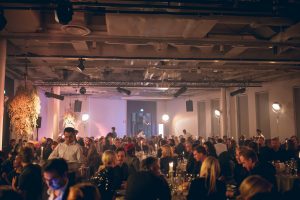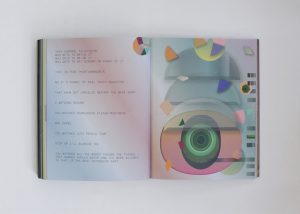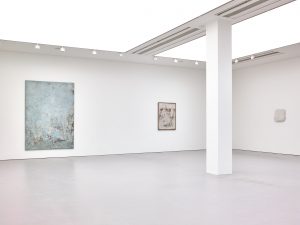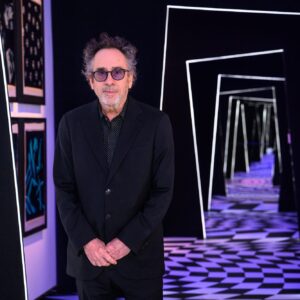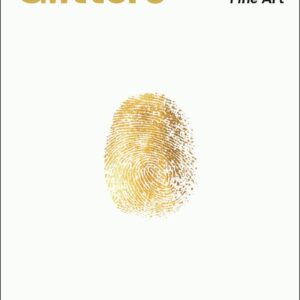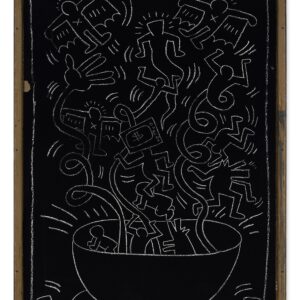This story includes a German fairytale opera, a DJ straight outta Compton, a retired pro skater, a pizza shop, an awesome conductor, Mozart, Minnie Driver, a house in Beverly Hills 90210, LACMA, €120,000, a lot of Absolut and the artist Frances Stark.
It starts in May 2015 when Frances Stark wins the Absolut Art Award for Art Work . The prize is awarded at a prestigious event in Stockholm. She had this idea that she’d redo The Magic Flute with DJ Quick – create a pedagogical opera, and the Absolut people loved the idea and gave her €120,000 to make it happen. But you know what? DJ Quick didn’t wanna play, like didn’t communicate; nothing, not even a no. Anyway long story made short, 18 months later no Magic Flute, Frances doesn’t know what to do, so the pressure is kinda on (even though Absolut are nice but you know €120,000 is €120,000).
Forward to May 2017 and I’m outside this beautiful house in Beverley Hills 90210. In the garden there’s a free bar serving Absolut cocktails, a swimming pool, a band. There’s a great view of the valley. There’s Minnie Driver, some L.A press, an artist, actually a few artists and there’s a table set for maybe 40 people.
The food arrives, we sit down I’m opposite this conductor guy from Germany who’s Croatian and his girlfriend. The conductor guy is really cool, apparently he’s one of the best up and coming conductors in the world! I ask him how people know he’s good and he tells me they have competitions, like play offs, loads of conductors in a mortal combat kinda thing – WTF! Anyway he’s Danko Drusko (remember the name) he’s the guy who helped make Frances Stark’s Magic Flute happen (he adapted Mozart’s original score) along with a group of 10-19 year olds who make up the 26 piece orchestra, producer H.B. Barnum and a lot of chance/luck.
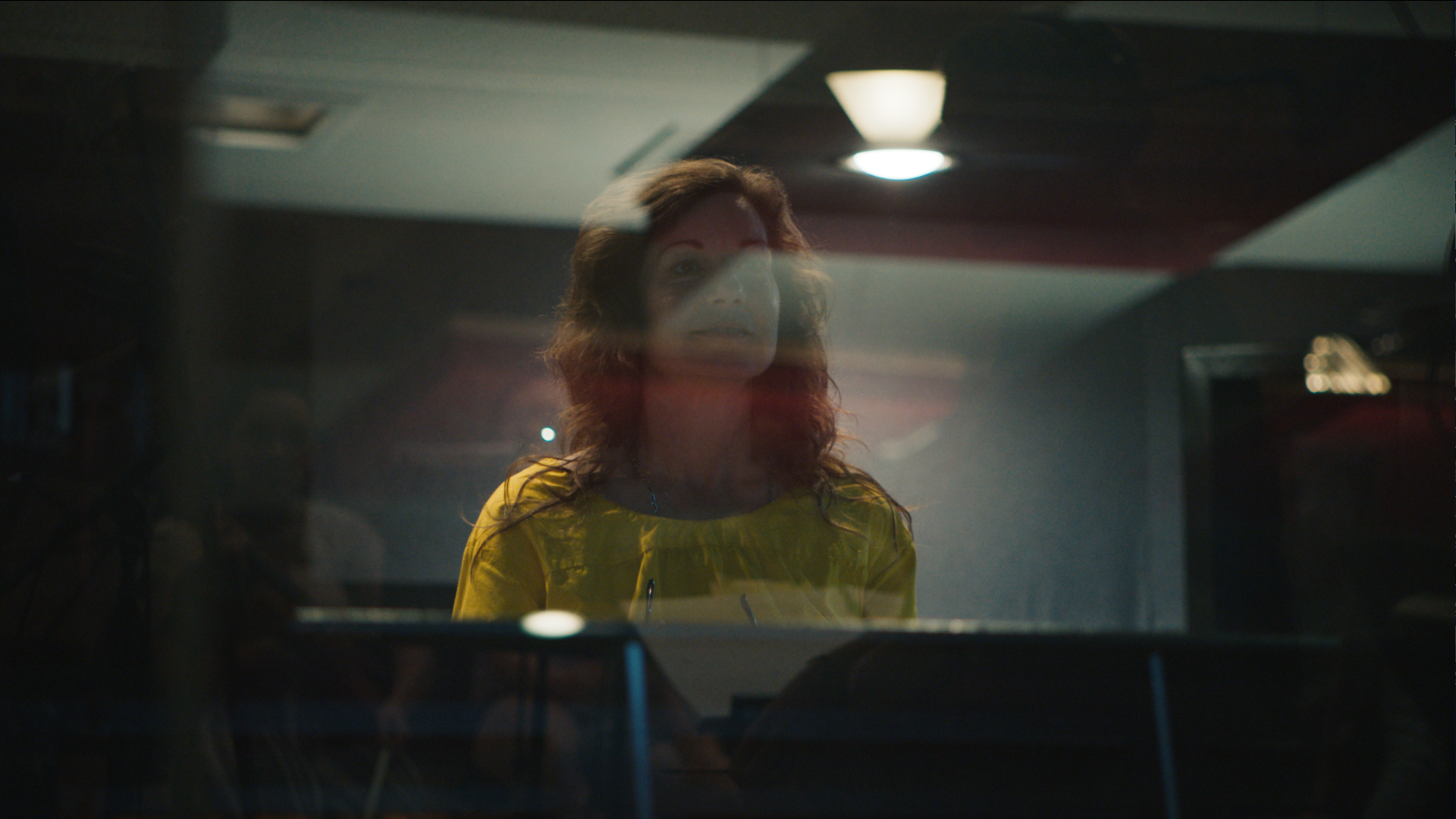
Behind the scenes of Frances Stark’s The Magic Flute, 2017, Courtesy Alexa Karolinski
Next I’m in an artist studio in China Town downtown Los Angeles, no great view, no Minnie Driver, no Absolut bar, its like a disused small out of town shopping complex. I’m here to interview Frances Stark.
Q Frances what you pitched to win the award isn’t what I saw last night at LACMA. What happened?
The proposal was a dream project and I said I would love to do The Magic Flute with DJ Quick and I tried many ways to connect with him but that didn’t work out. But then by some serendipitous set of circumstances I met a cellist coach who works with The Youth Orchestra of L.A and her partner who is this amazing conductor Danko Drusko.
I met Danko through an ex pro skater who had invited me to lunch around the time I was hitting a brick wall with DJ Quick.
I’d publicly given a talk critical of the USC situation and various issues related to it. And the ex pro skater happened to be at the talk and that’s when he asked me to lunch at the pizza shop he owns.
So I get there and he says my sister has just arrived so she is gonna join us and she arrived with her boyfriend Danko (the conductor).
So we are talking about stuff, my talk, the fact I’d been trying to talk to DJ Quick etc and its then that she tells me she works with this youth orchestra in Compton and that Danko is getting his Phd in conducting.
In my brain it was like; if one disgruntled legendary rapper from Compton doesn’t wanna work with me – maybe I could work with 26 kids from Compton instead. It opened it up and thats where it turned the corner and then became what it became which is so much more, different and better.
So the person who I’m sitting with in the pizza shop, Danko, a month later has produced this incredible score. So it was – that’s how it turned the corner- the pedagogical thing was originally a sociological understanding of where we are in music with the voice right now, what does it mean to be an artist, the kind of the predicament DJ Quick is in, my kinda predicament with the USC a meta kinda thing.
But then it was literal we had to start studying the Magic Flute music score really closely so as an outsider, I’m not classical, I’m not even a musician or a German scholar. It became a radically different approach to the opera itself and I’m really grateful for that. Because it was really an incredible process that very closely matched all the things that I was thinking and talking about in my original proposal. It just didn’t end up being dealt with in the way I imagined doing it. It became much more a process of discovery about finding solutions rather than opinions.
So the process you created with Danko the work you have created with him do you think you’ll use this for other things?
I think it could be interesting if the opera is shown in a school setting. The opera is interestingly generative in thinking what pop is. Famously this was a High/Low opera it was made for the people’s theatre.
But what makes something pop? In our contemporary context its like it hinges on a exploitation of the foundation of our sexual emotions.
“I want it so much, He’s the one, This feeling, this ecstasy of love”
Pop is about this feeling.
I worked on the project for so long. Most opera is more Shakespearian, power struggle, complexity of the narrative etc but the Magic Flute is this crazy love story. It’s this sharing of pop themes that makes this opera so accessible and powerful. But I also feel both philosophically and personally that the sex drive/sex urge or our erotic vitality is something that is exploited and destroyed and turned against us through our consumption of pop.
I recently did a speaking series for my exhibition “UH-OH: Frances Stark 1991-2015” at The Hammer Museum and a woman I invited to speak was Alexyss K Tylor she gives talks about Vagina Power.
Her incredible story is she was the love child between a teenager and Jackie Wilson. Her mother skipped school to see Jackie Wilson and the rest is history. ( You can find out more via this Vice documentary)
The pop machine, the commercial machinery of pop was like kicked into gear when you can see all the girls scream, The pop machine represents “I fucking love you” this is what they are banking on literally.
The guy has sex power, I’m going to ram this sex shit to the max. But its not supposed to really happen and when it does happen, then we are in trouble. Do ya know what I mean?
So to me I feel, especially for young people in terms of: What is your sexual vitality? What is love? What does it mean to be a better person for someone else? For all these things that are so important to reflect on, its so important to be able for young people to do this in a non commercialised context.
I came of age during the Punk Rock era so I was lucky enough to sort of get some formal deconstruction of that kinda shit.
But I feel in many ways that the Magic Flute could be a learning tool not just about the history of this opera or the characters about Mozart etc but about the humanity of the story.
Its an awkward/philosophical fairytale at base. I think that is really useful.
But people don’t take The Magic Flute seriously
That’s the key.
It is serious “Things are serious at the same time they are light”, “All the single ladies” that’s a fucking ideology.
I made this work during the USA election, I’ve been having nightmares which I had when I was young, about a Nuclear Holocaust. I made this work at the same time as more radical explicit body of work Censor The State that came out in March (shown at the Whitney Biennial).
And the Magic Flute may seem like a retreat into fairytale idealism but in a weird way there is an element of that in this work.
On a positive note it must of been great to work with all these young people?
Danko bowled me over. He is very talented and gifted. To see him create this work in 4 weeks. To witness his work with the kids. Kids that when they started they didn’t know each other. But they shared a very specific vocabulary. A language that doesn’t change. It help them communicate. We are having a crisis of language in America, in the world in quite a big way!
But they have such a big respect for their language the language of music and that foundation of a shared language inspires me. They have a language that brings them to perfection.
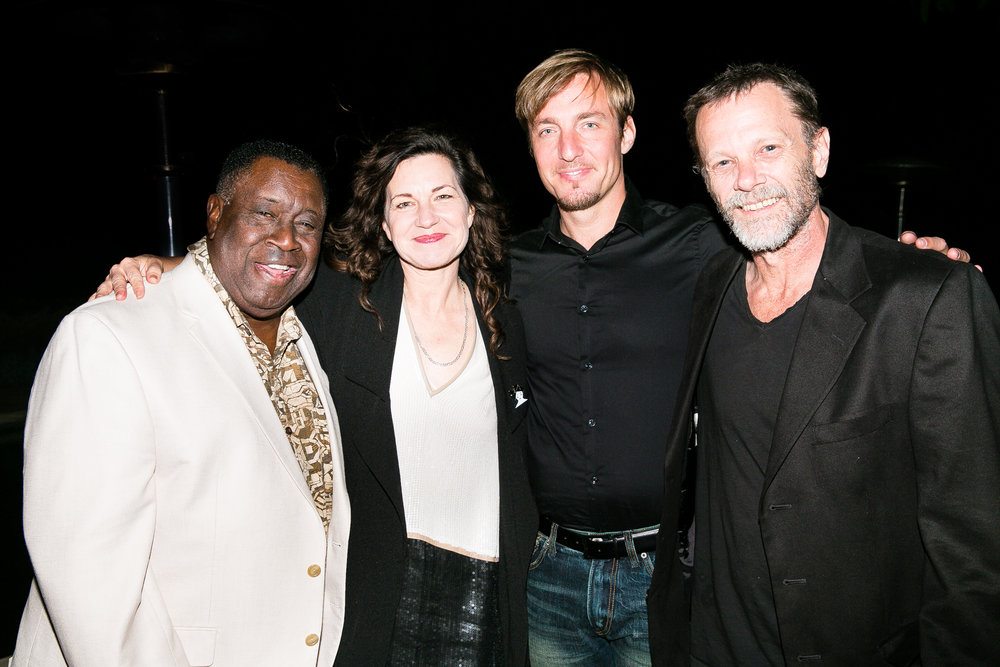
H.B. Barnum, Frances Stark, Danko Drusko, and Greg Ellis at the premiere of The Magic Flute
Frances Stark’s “The Magic Flute’ premiered at the Los Angeles County Museum of Art on 28th April.
You can find out more about this project and all Frances’s work over on her website: francesstark.com
And as one chapter closes another opens the winner of the 2017 Absolut Art Award for Art Work has been awarded to Anne Imhof she will receive a cash stipend of €20,000, complemented by a budget of €100,000 to produce and exhibit a new artwork or project. An award ceremony to honour the winners will take place from 22 – 24 September 2017 in Stockholm, Sweden.
Find out more here : www.absolut.com/absolut-art-award-2017/
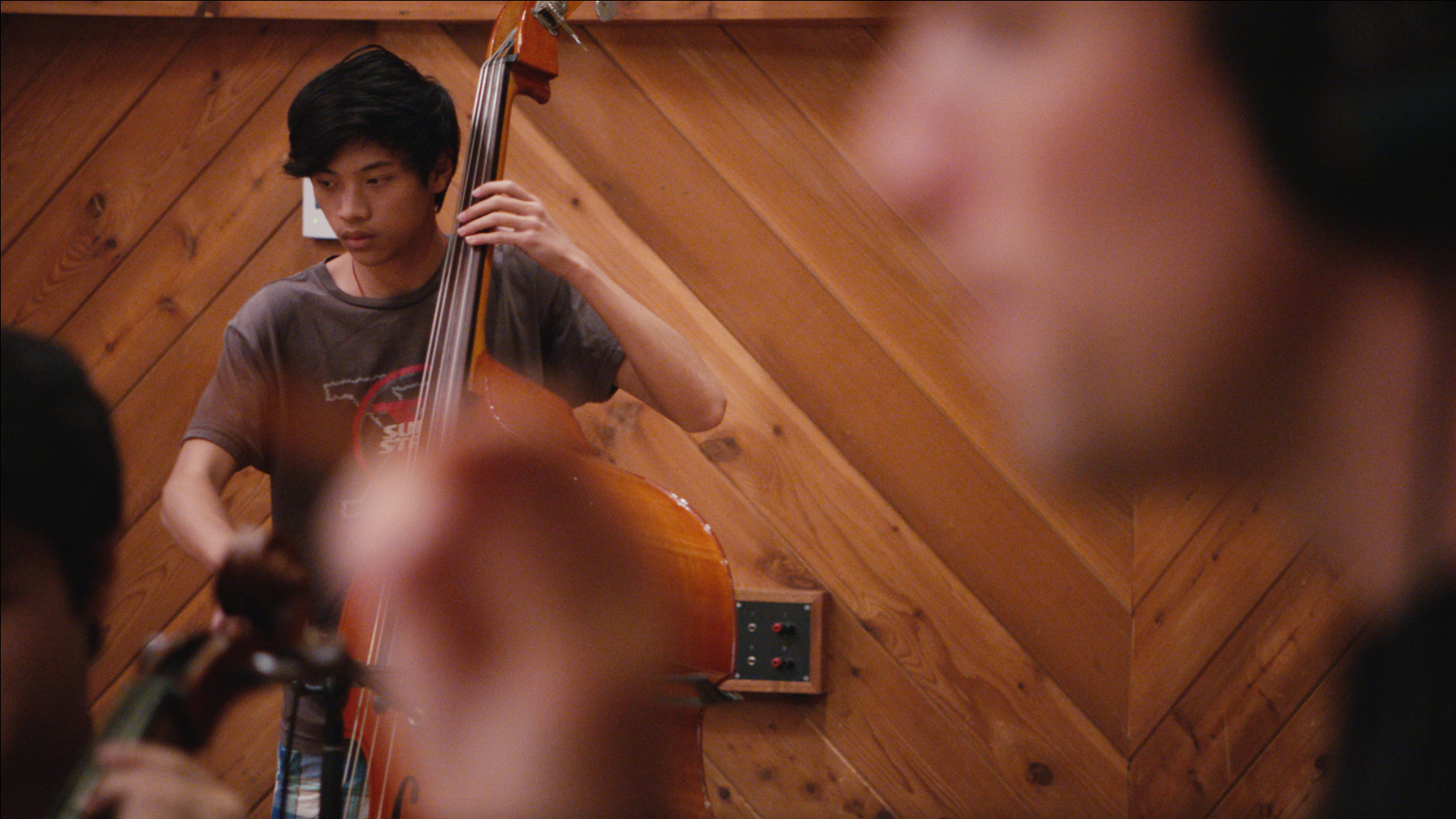
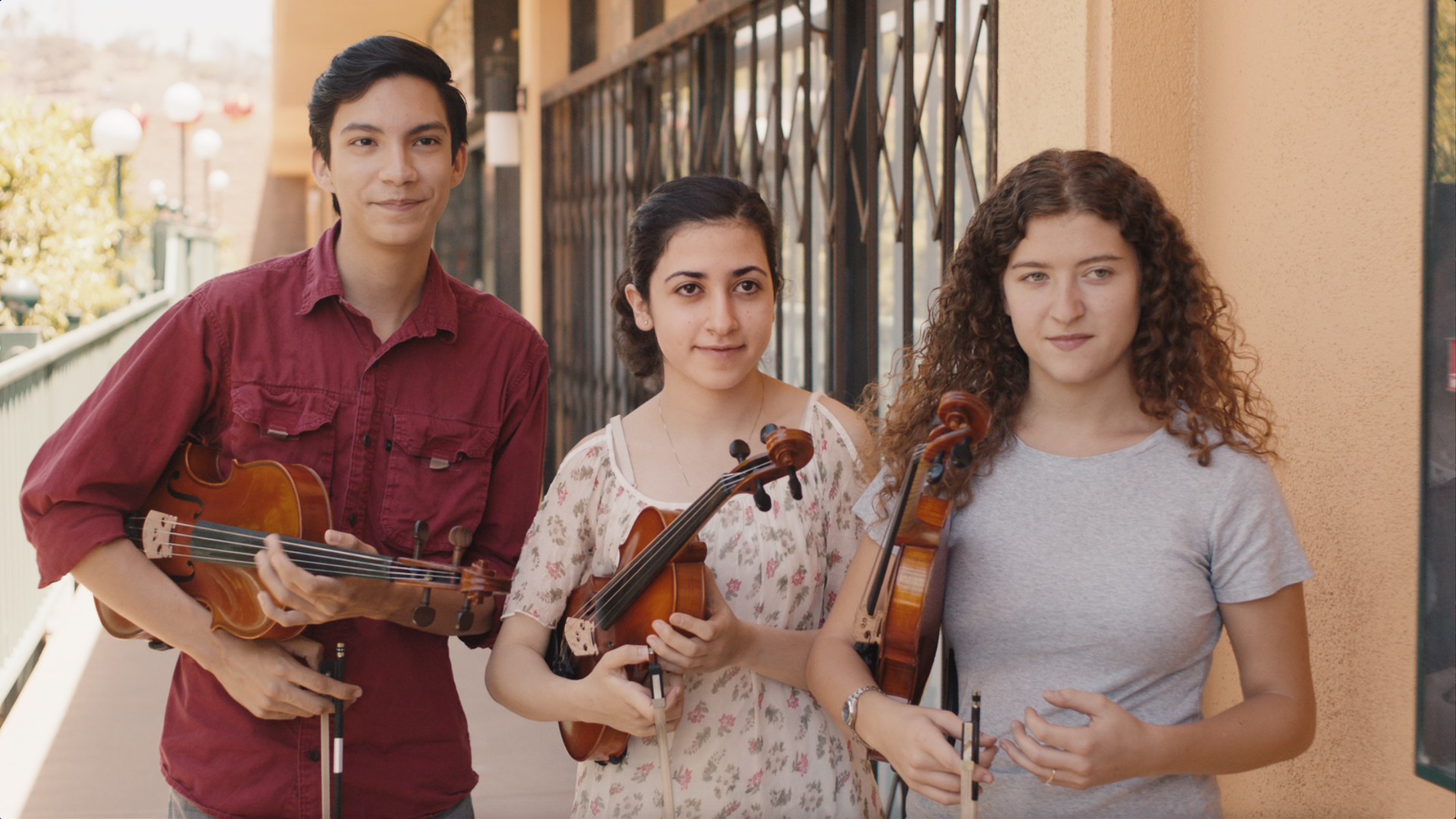
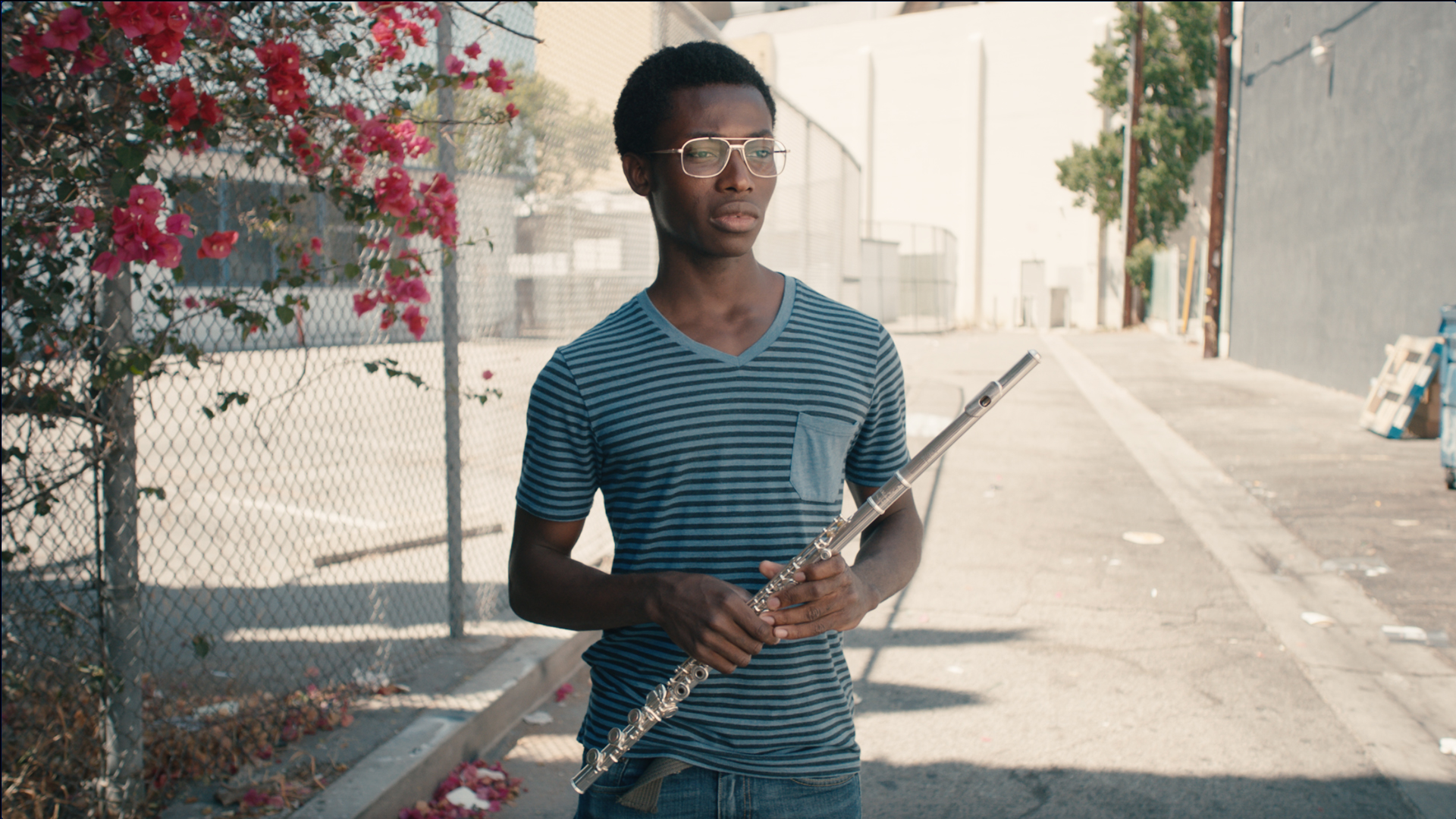
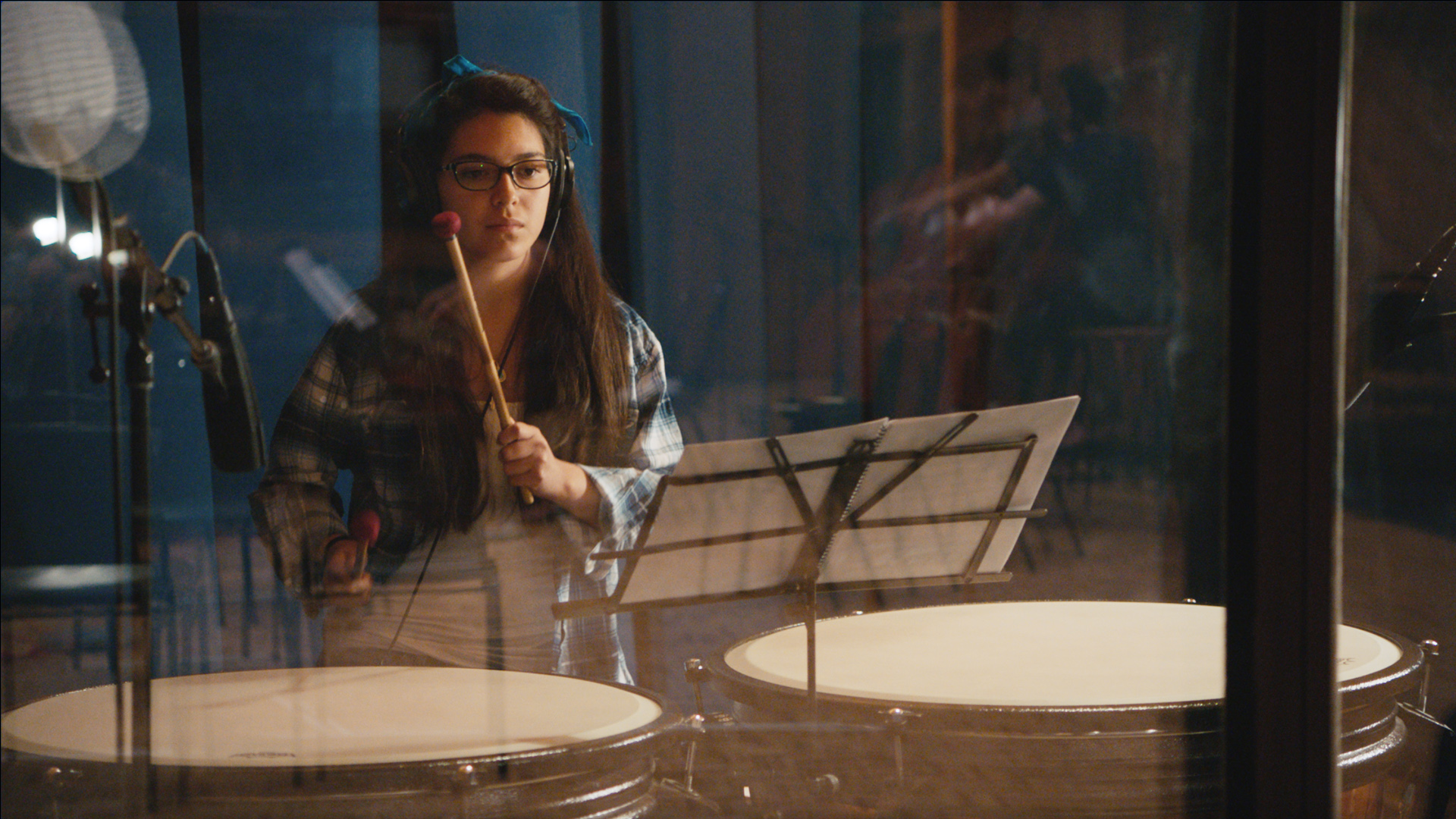
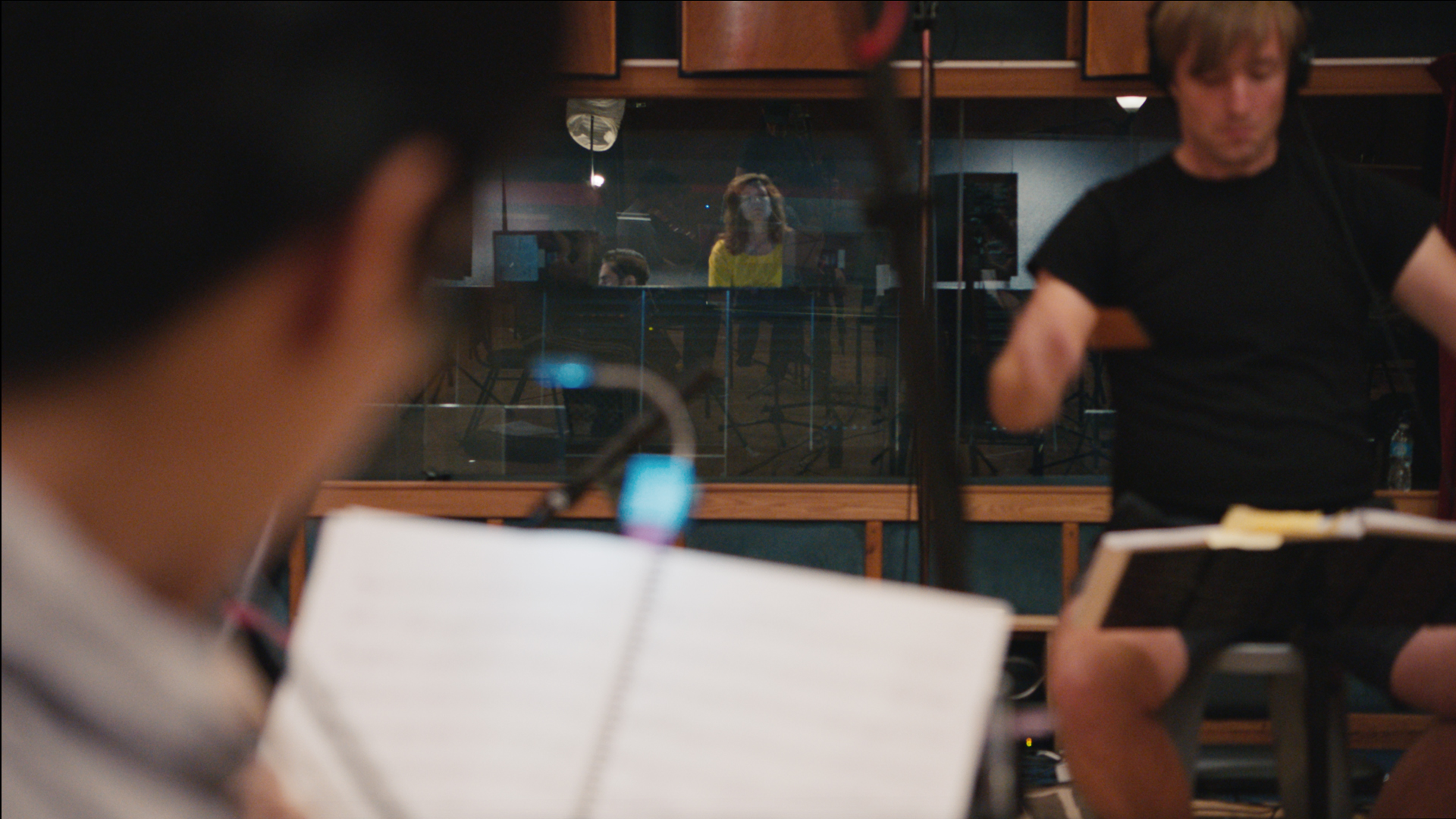 Behind the scenes of Frances Stark’s The Magic Flute, 2017, Courtesy Alexa Karolinski
Behind the scenes of Frances Stark’s The Magic Flute, 2017, Courtesy Alexa Karolinski

